Up to 99.9% of our DNA is the same as everyone else’s, and since we inherit DNA directly from our parents, it seems that blood relatives should be like peas in a pod. However, for many of us, this is simply not the case. So why do some children look nothing like their parents?
We wanted to know how our bodies decide what they look like and share our curious findings with you.
Non-genetic Factors
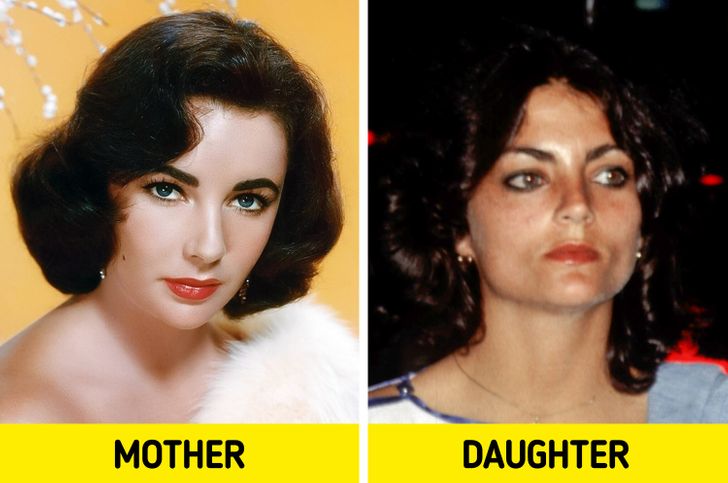
It is a known fact that genetics determine our appearance. But before we see how this happens, let’s consider some other factors that can make your child look different. A mother’s diet during pregnancy is definitely one of them.
For example, if the child is not healthy and the future father eats a lot of junk food, this can make the child obese in the future.
Also, if you think your child does not look like you, you should consider whether any external factors are influencing your own appearance. For example, if you spend a lot of time in the sun, it is logical that your skin darkens, your hair lightens and you may have freckles.
Science Explains (Almost) Everything

From the moment it appears, an embryo has DNA material from both parents, which does not mean, however, that the baby must look exactly like either of them. In this combination of genes, some alleles (genetic variations) are dominant, so they appear, others are recessive: they are masked, but are still inherited by your offspring.
However, it gets even more interesting: many genes work together, causing their effects to be strengthened, reduced, or even completely turned off. So even if we carefully analyze the genomes of the parents, we still won’t be able to accurately predict what the children’s characteristics will look like.
Why Your Baby’s Hair Is Different
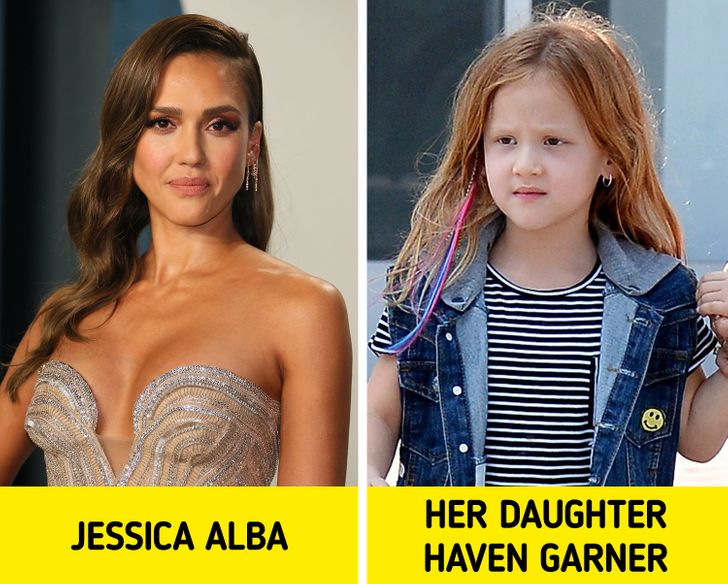
We all have various genes that determine hair color, structure, and various other factors. The genes that determine the color of your hair (along with the color of your eyes, etc.) control melanocytes, the cells that produce melanin.
Therefore, the combination of genes will determine the color and structure of your baby’s hair, which could be like one of the parents’ hair colors or something in between.
Also, even if your child’s hair looks nothing like yours, don’t worry – it can change over time due to hormones and other factors. Look at the photos of your childhood, maybe you will find similarities in them.
Growth Potential Is Determined, Too
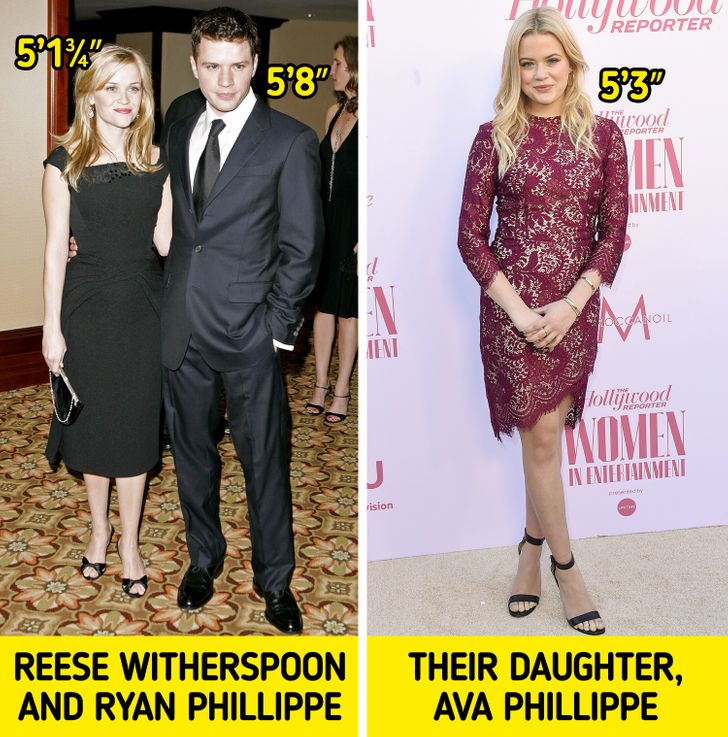
Scientists believe that 80% of the DNA inherited from parents determines a person’s height. Genetic mutations and environmental factors (infant nutrition, disease, etc.) make up the other 20%. Still, you can roughly calculate your child’s height in adulthood with this formula:
- Add the height of the mother and the father
- Add 5 inches (or 13 cm) for boys, or subtract the same number for girls.
- Divide the number you got by 2.
Have An Unbiased Look

Lastly, your child may look more like you than you think. For example, there is an old (but still popular) belief that young children tend to look more like their parents, but research shows that, in most cases, babies look just as much as their parents.
What’s more, your baby may have inherited more personal traits from you. After all, appearance is not the most important thing.
Facts About Human DNA
- There is a gene that makes people sneeze when they are in bright light, 1 in 4 people have it.
- It is not just the mother’s lifestyle that affects a child’s development: the bad habits of parents can change their DNA and be passed on to their children and even their grandchildren, causing various health problems.
- About 40% of the population have the genetic type of celiac disease (genes that make them gluten intolerant), but only about 5% develop symptoms.
Who are you most like in your family?
Preview photo credit Screen Prod / Photononstop / East News, Ron Galella / Ron Galella Collection / Getty Images

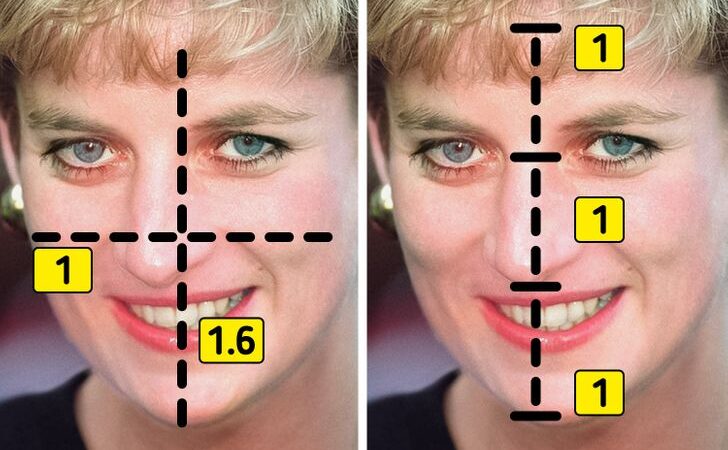
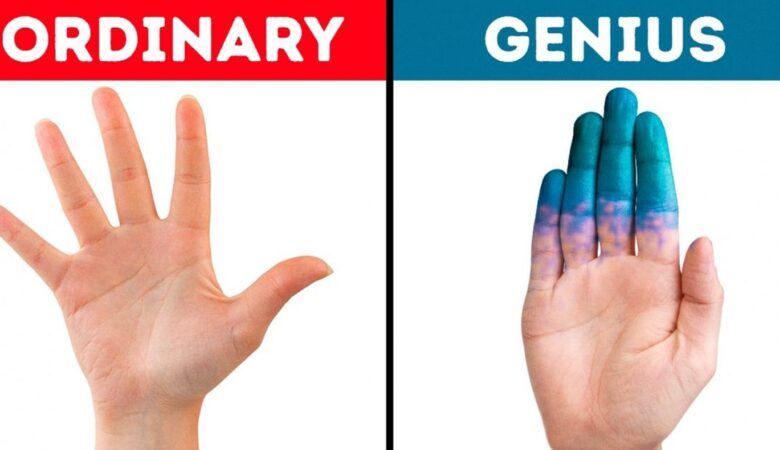

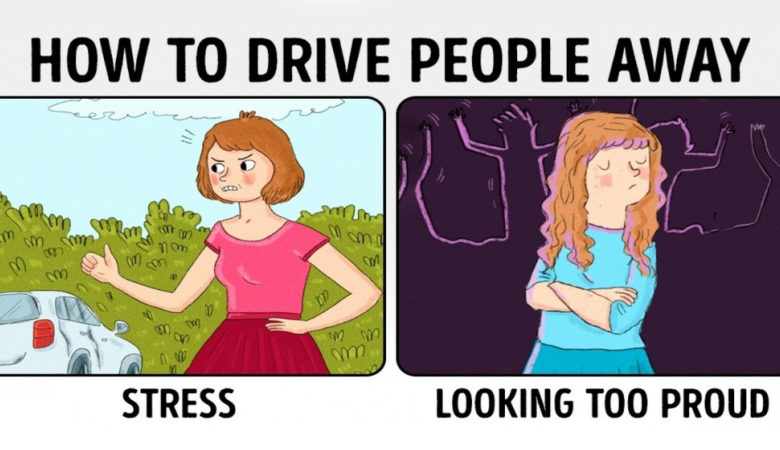
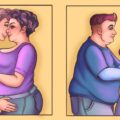



Leave a Reply